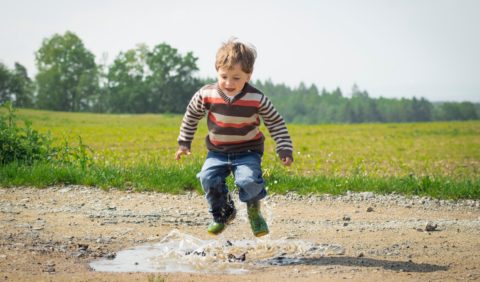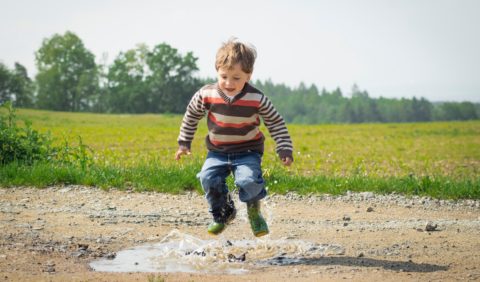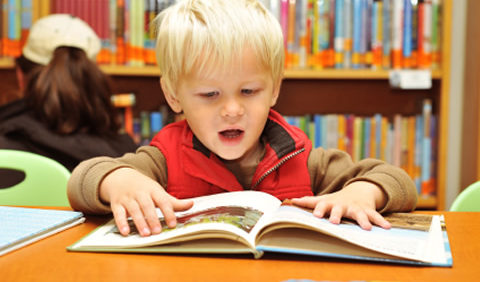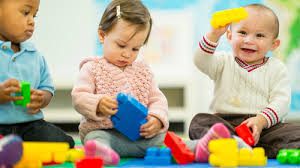23 April, 2021
Play is the essence of a child’s world. Play is essential to the development of children. Play is required for healthy development. It influences and impacts the cognitive, physical, […]
26 May, 2020
Why do children engage in risky play? Why is it so important in childhood? Life is full of risks. Fostering a positive approach to risk in play is key […]
5 May, 2020
The importance of play is sound and not debated but what happens when play is no longer play? In a nutshell it has a detrimental effect on the development […]
10 January, 2020
Play plays a pivotal role in the development of a child’s development, including but not limited to the development of literacy. Creating a literacy-rich environment provides children with opportunities […]
5 January, 2020
Play is the foundation for learning and growth. It is considered so important for a child’s development. Play reflects what a child already knows, has observed and can do. […]
5 January, 2020
Given that play is such a powerful element of a child’s development understanding our role as the adult in child’s play is critical in promoting play and embracing the […]
15 June, 2018
In the early months of infancy, from birth to about three months, your child is busy in unoccupied play. Children seem to be making random movements with no clear […]
8 October, 2017
Solitary play is one of the first play stages. Playing alone is a natural step in the development of children’s play behaviour for a 0-2 year old. As children […]
15 June, 2017
As a child grows they will start to notice others around them during their play. This is considered Onlooker play and is around the 2 -2½ years. In this […]
5 December, 2016
Parallel play is very important for the 2½- 3 year old age range as it helps children to learn peer regulation, observation skills, working with and getting along with […]
15 October, 2014
Associate play generally occurs around the 3-4 years and consists of each child engaging in an separate activity but with the assistance and cooperation of others. Associative play differs […]
5 September, 2014
As children progress through the play stages they around 4 or 5 years old come to the cooperative play stage. It is quite apparent in the later preschool years […]
5 January, 2012
Pretend play is often also referred to as symbolic play, imaginative play, dramatic play, fantasy, socio-dramatic or good old fashioned make-believe. Pretend play serves many purposes and helps to push the […]
5 January, 2012
As children develop, their play evolves too. Children pass through these stages as they grow, becoming capable of more interactive play as they develop. There are several types of play […]














